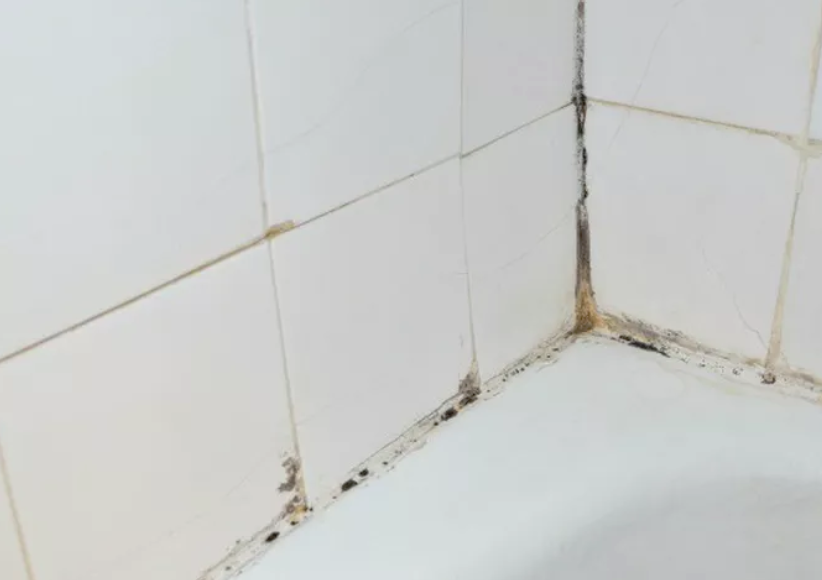Health Concerns with Mold Exposure
Mold is everywhere and we are breathing it. Learn more here.
Health Concerns with Mold Exposure
Mold is everywhere and we are breathing it. Learn more here.

Let's clarify some things. Mold is everywhere and we are breathing it. It is outside when we are playing with our kids and it is in our workplaces, schools, churches and homes. The question that needs to be asked is not whether we are exposed to mold, but rather, are we being exposed to increased levels of mold.
There is typically a lot of concern regarding mold exposure and the very young. Because Americans spend between 75% - 90% of our time indoors, and infant's to three year old's lungs are developing rapidly at this age, it is essential that the indoor air quality be periodically checked for elevated levels of mold spores. A research paper produced by the Committee on Environmental Health showing the correlations between air quality and asthma can be viewed here.
Research also indicates that mold may not be the sole reason that children develop asthma, however, there seem to be direct correlations to the onset of asthma development.
The other populations that typically have more problems with mold exposure are the elderly and those with compromised immune systems. Obviously, with these two groups, exposure can quickly bring on various other health problems such as cardio vascular problems, memory problems, skin ailments and various other health problems.
There are many sources available that can help you understand the effects of mold exposure. View our Resources Page
It is estimated that as many as 25% of all structures have had some sort of water damage at some point. Those statistics hold true from Woodstock to Atlanta and everything in between! If that water damage was not dried quickly enough or thoroughly, mold spores that were present have had the opportunity for growth. Unless a person has owned a home since the very beginning stages of construction and knows the history of the residence, there are very few signs that a home has mold damage unless the signs are visible. However, one of the signs can be the symptoms experienced when in the home.
Symptoms of excessive mold exposure may include:
* Frequent Headaches
* Recurring Sinus Problems
* Flu-like Symptoms
* Recurring Respiratory Problems
* Red Eyes or Tearing Eyes
* Skin Rash
* Fatique/Poor Memory
There are many more symptoms that may be associated with prolonged exposure to mold. It is important to note that these sources are in no way all-encompassing and that consulting with a physician may be desired course of action in addition to indoor air quality testing. The sites below will give additional information with regards to mold and the symptoms associated with prolonged exposure. See our Resources page.
Strange Odors
What's that smell?!
Strange Odors
What's that smell?!

It is important to remember that the environment is allowing the growth. Professional and certified indoor air testing is the best way to determine whether or not mold has become an issue in the environment and how the infestation can be controlled going forward. Our mold certified inspectors can point you in the right direction, no matter what the outcome.
So whether you live in Sandy Springs or Powder Springs, call Certified Inspectors of America today for your free consultation.
Everyone has walked into a building or home in Georgia at some point and thought to themselves, "What is that smell?" That musty odor that seems to come back at certain times of the year may be mildew or mold. People often wonder what the difference is between mildew and mold. The answer isn't as clear as some would like and may require air testing to clarify.
Mold and mildew are two sides of the same coin. They are closely related and both require almost the exact same environment for growth. Both mold and mildew have similar smells, require presence of water or water vapor, a food source and the correct temperature for growth.
Because mold and mildew are so closely related and, in fact, require the same environments, it isn't unusual to see both growing together. However, the main difference in the two is that mildew is easier to remove and mold, which is often described as being "fuzzy", can actually degrade the structural integrity of the home or office it has invaded.


